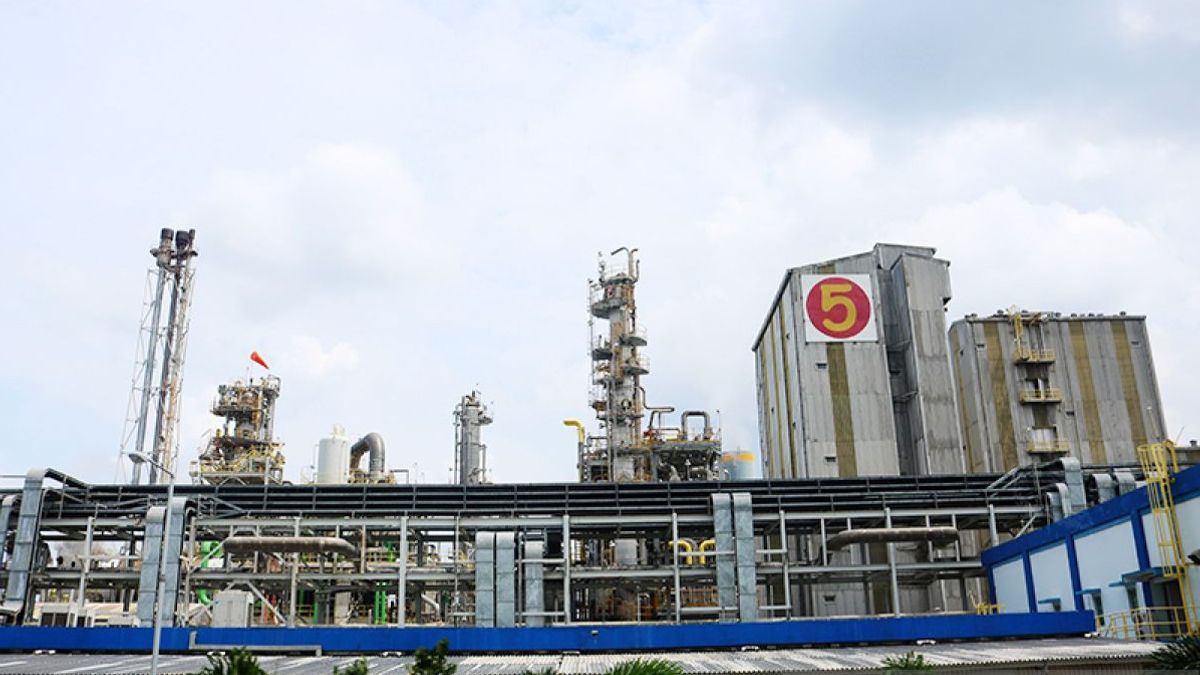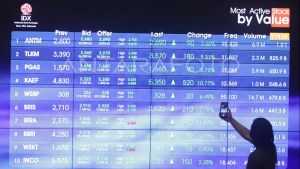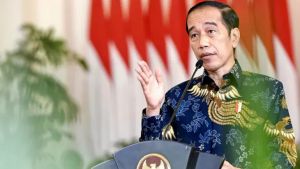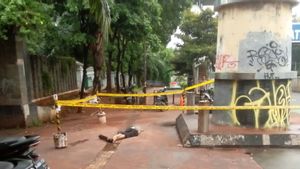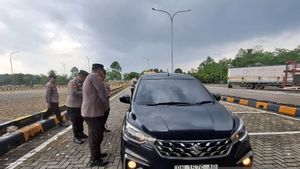JAKARTA - PT Pupuk Kalimantan Timur (PKT) or Pupuk Kaltim is building a new factory in Fakfak, West Papua.
The investment value for the construction of the factory reached 1 billion US dollars or equivalent to Rp. 15.38 trillion (assuming an exchange rate of Rp. 15,384 per US dollar).
PKT's Corporate Secretary, Teguh Ismartono, said the factory would have a production capacity of 1.15 million tonnes of urea and 825,000 tonnes of ammonia.
The presence of this new factory will increase the contribution of Pupuk Kaltim in national fertilizer production.
The production of East Kalimantan is now 3.34 million tons of Indonesia's total fertilizer production. Urea is 9 million, meaning a third of PKT's contribution to national production. With the addition of 1.15 million tons, it means that later the production capacity will be 4.5 million tons, while later the national fertilizer needs, urea fertilizers are around 6-7 million tons in 2030," he told reporters, in Jakarta, Wednesday, November 29.
Furthermore, Teguh said, the investment value for the construction of the new Pabruk in Fakfak reached 1 billion US dollars or equivalent to Rp. 15.38 trillion.
"If you invest, it's above 1 billion US dollars. If you build a factory, one is a market, approaching the source. So if there is abundant raw materials," he said.
Teguh explained that the presence of the Pupuk Kaltim factory in West Papua will be able to meet the increase in domestic fertilizer needs to increase economic empowerment, especially in Eastern Indonesia.
In fact, continued Teguh, it is possible that Pupuk Kaltim will also get a new area that is the responsibility of distributing national fertilizers.
SEE ALSO:
Currently, Pupuk Kaltim is responsible for distributing fertilizers to 13 provinces in Indonesia.
The details are five provinces in Sumatra, and 7 on the island of Kalimantan and also in NTB and NTT.
In total, there are 13 provinces that are the responsibility of PKT, so the fertilizer needs must be met. The presence of a factory in Fakfak is of course also targeting Eastern Indonesia, but we do not yet know whether future policies will increase its responsibility," he said.
The English, Chinese, Japanese, Arabic, and French versions are automatically generated by the AI. So there may still be inaccuracies in translating, please always see Indonesian as our main language. (system supported by DigitalSiber.id)
